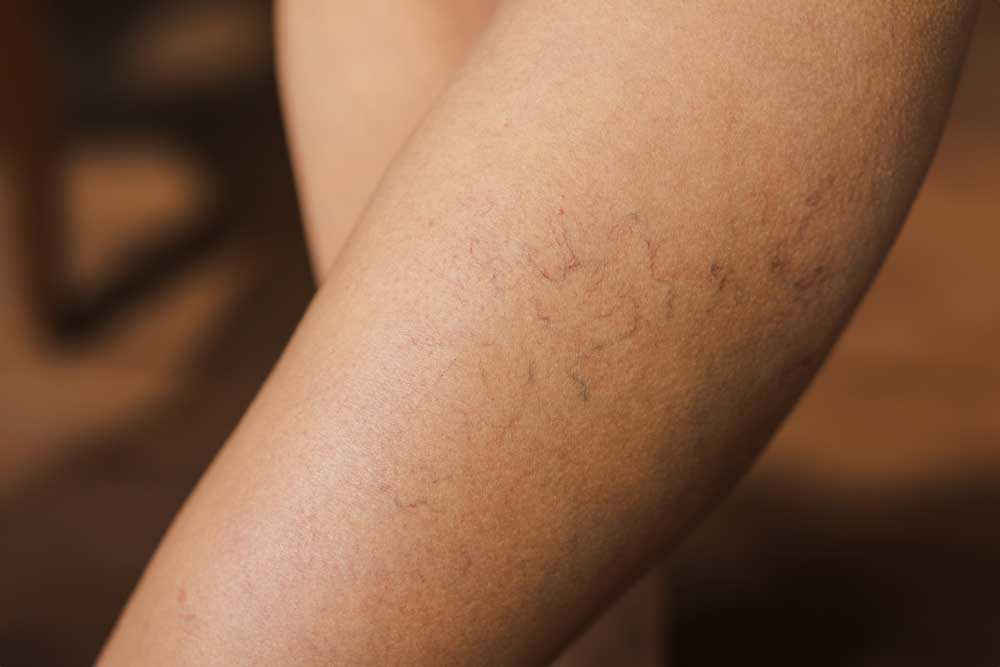Mark Ballard wants you to know more about Deep Vein Thrombosis (DVT) and how ultrasound (US) is used to diagnose DVT. In the United States every five minutes someone dies from a blood clot moving to their lungs (PE). He wants to save lives by including you in his journey.
Most patients with DVT have no symptoms. When symptoms are present they may be vague: acute leg swelling, aching pain in the calf or thigh, muscle cramps, and tenderness in the calf muscle when you lift your toes off the floor (Homan’s sign). If you have these symptoms ask your doctor, ‘How do you know this is not a DVT?’ A safe, simple, quick way to diagnose DVT is an ultrasound.
Mark had symptoms that got his attention: leg swelling, calf muscle tenderness and a positive Homan’s sign. He had been sick for several weeks, in and out of the hospital and had kidney stone procedures. Even though he was in great shape and exercised regularly his illness and procedures increased his risk of developing a DVT. When he was seen in my office ‘Vein Specialists of South’ on July 4th the US immediately identified his DVT allowing treatment to begin.
Ultrasounds use safe, painless sound waves to visualize the structures beneath the surface of the skin. We even use warm US gel to improve the experience. The US creates an image of the deep and superficial veins by recording the sounds waves that are reflected from the tissues. The images identify healthy and unhealthy veins by determining presence and direction of blood flow and if the vein is compressible. A clotted vein has no blood flow and the vein is not compressible.
Who does your ultrasound is important. The credentials of the tech doing the exam, the physician reading it and the vascular lab offering the service indicate their commitment to quality care. At Vein Specialists of the South we have Registered Vascular Technologists (RVT) perform the US. Dr. Harper who reads the study is credentialed in performing venous ultrasounds Registered Phlebology Sonographer (RPhS) and in interpretation of the studies Registered Physician in Vascular Interpretation (RPVI). The vascular lab at VSS is accredited by the Intersocietal Accreditation Commission for Peripheral Venous Testing.
Follow Mark’s lead. If you think you or your loved one might have a DVT seek immediate medical attention and ask the provider if it could be a DVT — Dr. Harper.









